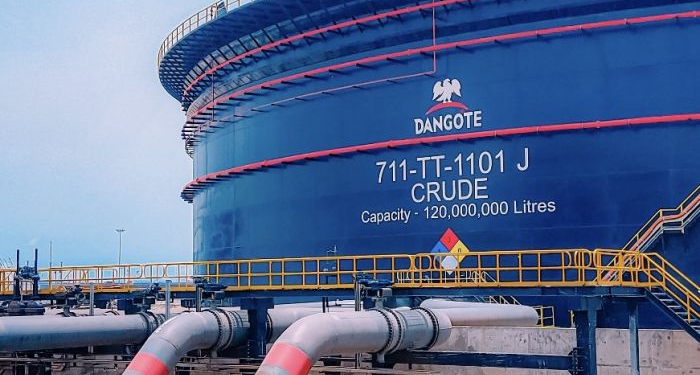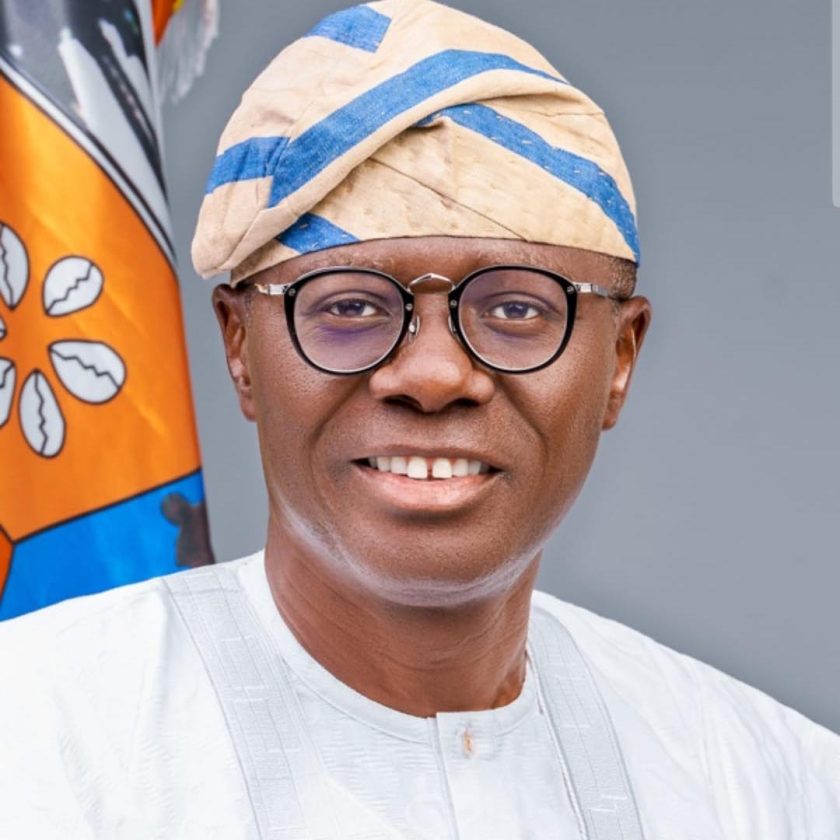By Kunle Odusola-Stevenson
For decades, Nigeria has lived with a cruel irony. Beneath our soil lies an ocean of crude oil, yet on our roads and in our factories, we rely on imported petrol and diesel. Every year, billions of dollars leave our shores to buy back what we could have produced at home. In 2024 alone, more than $10 billion vanished in this way—resources that could have built schools, funded railways, or empowered small businesses.
But something is changing. A quiet revolution is stirring across the country, one that could rewrite Nigeria’s economic destiny.
At the center of this revolution stands the Dangote Refinery, a colossus capable of processing 650,000 barrels per day.
Already running at more than 80% capacity, it promises to operate fully on Nigerian crude by the end of 2025.
Alongside it are the modular pioneers—Aradel’s 5,000 bpd plant in Ogbele, Waltersmith’s facility in Imo State, and OPAC’s grassroots refinery in Delta. Small though they are, these innovators prove that agility matters. On the horizon, BUA’s 200,000 bpd Akwa Ibom refinery signals that even more capacity is coming.
And then there are the old giants—the Port Harcourt and Warri refineries. Long symbols of neglect, they are now stirring with new investment and the promise of revival. Together, these projects could give Nigeria over 1 million barrels per day of refining power by 2027, enough to end our dependence on imports and keep billions within our economy.
Yet, like every great story, this one has its challenge: crude supply.
Refineries cannot run on hope. For years, upstream producers have sold most of their oil abroad, chasing dollar contracts while leaving local refineries starved.

Modular plants plead for fair allocations; Dangote calls for reliable delivery; even state-owned refineries, rebuilt with over $1.5 billion in public funds, need steady feedstock to justify their existence. Without a system that guarantees domestic supply at transparent prices, Nigeria’s refining dream risks falling short.
And yet, the rewards for success are profound. Imagine an economy where refining alone creates 500,000 direct jobs and another two million indirect ones, particularly for the restless youth of Lagos, Rivers, and Akwa Ibom. Picture industries thriving because local refineries spur demand for steel, engineering, and fertilizer. Visualize a Nigeria where non-oil GDP grows by 3–5% annually, where pump prices are stable, smuggling is curbed, and our nation—not Europe or Asia—supplies West Africa’s $20 billion fuel market.
This is not mere fantasy. Other nations have done it. India transformed itself in the 1990s by investing billions into refineries like Reliance Jamnagar, which today processes 1.24 million bpd and anchors entire manufacturing sectors. Indonesia, once import-dependent like Nigeria, doubled its refining capacity between 2000 and 2020 and turned into a net exporter, boosting GDP and creating hundreds of thousands of jobs.
Nigeria can do the same—if we act with unity.
Encouragingly, the voices of industry are converging. NNPC’s new GCEO, Bayo Bashir Ojulari, has pledged to deepen reforms and prioritize domestic supply. Devakumar Edwin of Dangote Industries insists his refinery’s pivot to 100% Nigerian crude will be a national catalyst.
Farouk Ahmed, head of the downstream regulator, envisions Nigeria as a refined product exporter by 2027. And Momoh Oyarekhua, chairman of CORAN, calls for collaboration, not rivalry, among refiners.
These are not isolated players—they are parts of a single mosaic. Nigeria’s refining future depends on both the mega-scale of Dangote and the nimbleness of modular plants, on the resilience of state-owned refineries and the innovation of private pioneers.
The road ahead is clear: guarantee crude allocations, invest in pipelines and depots, offer incentives for efficiency, and enshrine bold targets—2 million barrels per day by 2030—in national energy policy. If we do, Nigeria will not only achieve energy security but claim its rightful place as West Africa’s refining powerhouse.
The story of Nigeria’s refining renaissance is still being written. Whether it ends as another missed opportunity or as the dawn of economic sovereignty depends on the choices we make today.
The black gold beneath our feet has always been a blessing. Now is the time to refine it into the foundation of a new Nigeria—self-reliant, prosperous, and radiant on the global stage.
*Kunle Odusola-Stevenson
Energy Policy Analyst & Strategic Advisor
September , 2025




